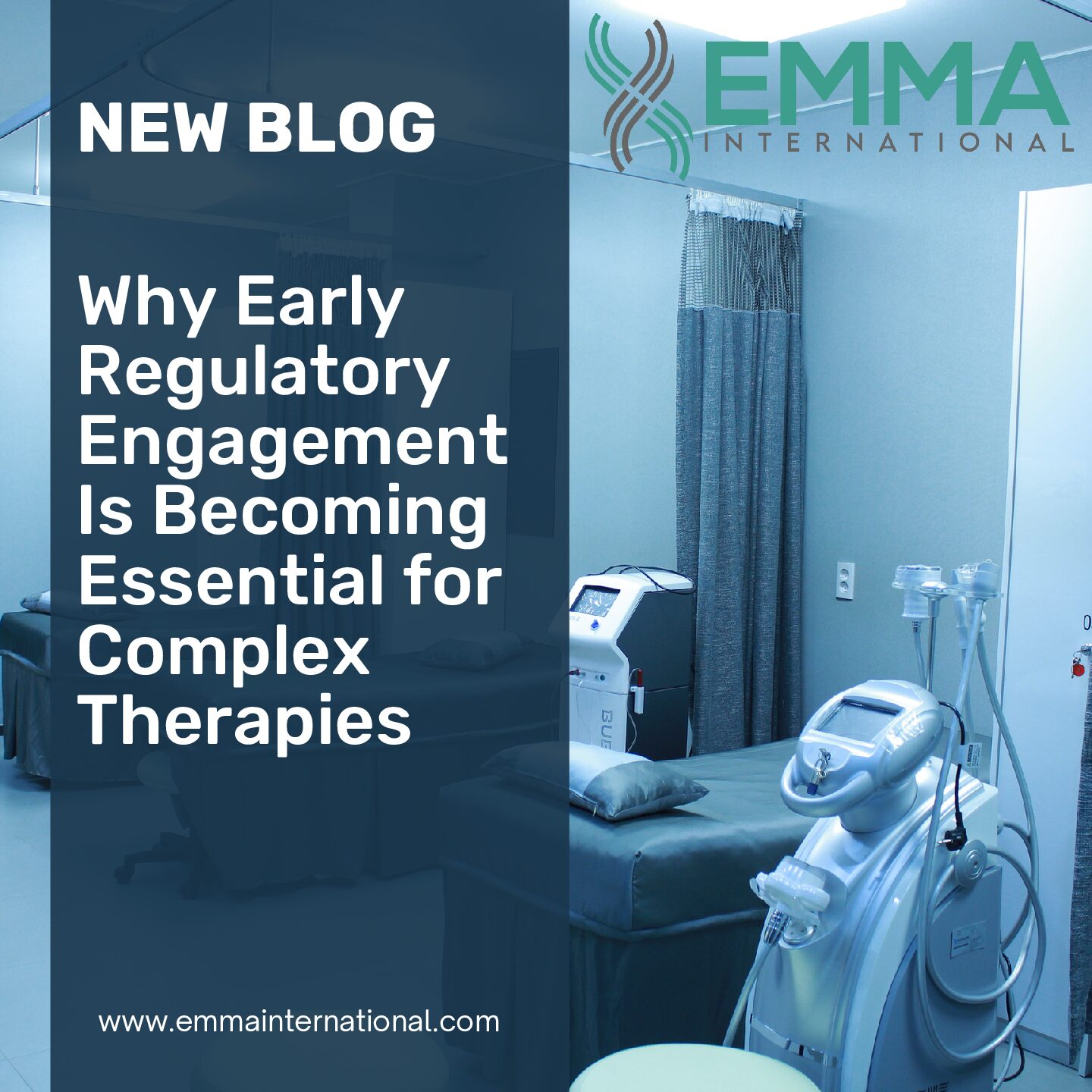GLP-1’s have rapidly become a significant focus in the pharmaceutical industry due to their effectiveness in treating type 2 diabetes and obesity. As this class of drugs continues to gain prominence, its impact on both the pharmaceutical landscape and regulatory environment cannot be overstated.
The market for GLP-1 drugs, led by products like semaglutide and liraglutide, is expanding rapidly, with a surge in research and development activities aimed at improving efficacy, reducing side effects, and exploring additional therapeutic indications.
This growth has spurred increased competition among pharmaceutical companies, driving innovation in drug delivery systems, including extended-release formulations and combination therapies. The potential for these products to be used in treating conditions beyond diabetes and obesity, such as cardiovascular diseases and non-alcoholic steatohepatitis (NASH), is being actively explored, which could further expand their market footprint.
The rapid expansion of GLP-1 therapeutics has also drawn attention from regulatory bodies worldwide. The FDA and EMA have been closely monitoring the safety profiles of these drugs, particularly concerning their long-term effects and potential off-target impacts. This scrutiny has led to stricter requirements for post-marketing surveillance and risk management plans to ensure patient safety.
Additionally, the regulatory landscape is evolving to accommodate the influx of new formulations and combination therapies. As these drugs push the boundaries of current therapeutic paradigms, regulatory agencies are being challenged to adapt their frameworks to assess complex clinical data and ensure that new products meet the highest standards of safety and efficacy.
For pharmaceutical companies, navigating this evolving regulatory environment requires a keen understanding of the latest guidelines and proactive engagement with regulators. Companies must be prepared to address emerging concerns, such as the potential for off-label use and the long-term impact of chronic GLP-1 agonist therapy.
The rise of GLP-1 agonists represents a significant shift in the pharmaceutical and regulatory landscapes. As these drugs continue to gain traction, they will undoubtedly shape the future of metabolic disorder treatment, drive pharmaceutical innovation, and prompt ongoing regulatory evolution. EMMA International remains at the forefront of this dynamic field, providing expert guidance to ensure that our clients can successfully navigate the complexities of bringing GLP-1 therapeutics to market while maintaining the highest standards of compliance and patient safety.
EMMA International is at the forefront of industry news and groundbreaking therapies and devices, including the continued analysis of the GLP-1 trend. If you need support, call us at 248-987-4497 or email info@emmainternational.com to learn more.
Cleveland Clinic (n.d.) GLP-1 Agonists retrieved from: https://my.clevelandclinic.org/health/treatments/13901-glp-1-agonists





